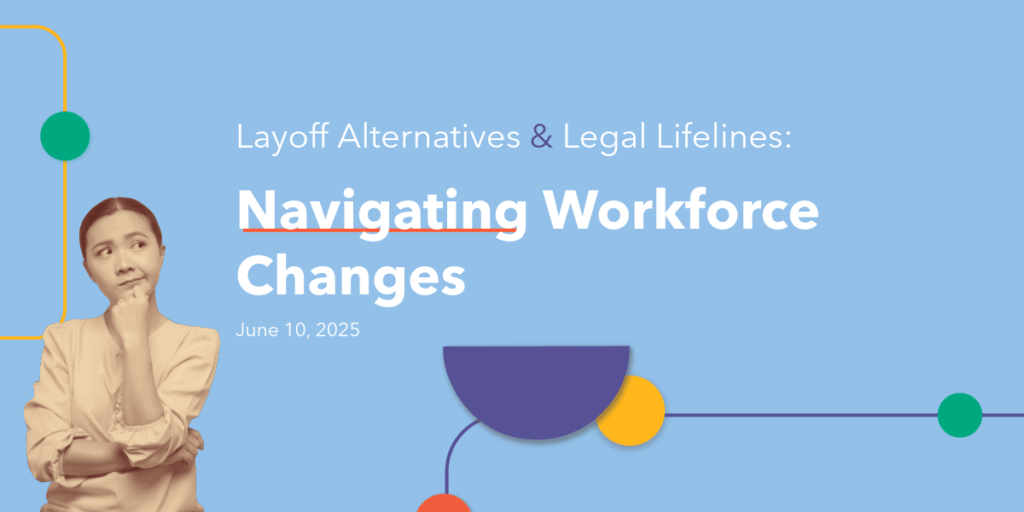[vc_row][vc_column][vc_column_text css=”.vc_custom_1527108118272{margin-bottom: 0px !important;}”]If you have a family business, you know that they matter. They are the most common form of organization in the world and have a significant global economic impact.
Family businesses – here’s what we know:
- create 70% to 90% of global GDP annually (Family Firm Institute);
- generate 50% to 80% of jobs in the majority of countries worldwide (European Family Businesses, 2012); and
- outperform comparable non-family business firms on the S&P 500 (Carlock, Ward).
Family Businesses Matter
Family businesses also matter to the family members who own them and take pride in ownership and the legacy that is being created. They matter to the employees who connect to strong values-based cultures, and they matter to the communities who benefit from their generous charitable and philanthropic activities.
Reality Check
Yet, despite all the great things associated with family businesses, the reality is that only about 30% of family businesses survive into the second generation, 12% are still viable into the third generation, and only 3% of all family businesses operate into the fourth generation or beyond.
Why do so many family businesses fail?
Basically, it’s because family businesses are just more complex. They aren’t just about the business, they’re also about the family and the reality that these two entities intersect and impact on both family relationships and business performance.
Business Sherpa Group has focused on supporting small and mid-size and owner-operated businesses for almost a decade and is a family business in its own right as well. We have deep empathy and understanding of the complexities that exist and how they can impact on the business and the family. We believe in the societal and economic value of having family business achieve their fullest potential, and if possible, successfully transfer through generations. We have now opened a new Family Businesses practice to support this critical but complex journey.
So let’s look at some of these complexities
If you own and/or work in a family business, you know how quickly business decisions like salary and promotion can become highly emotional when family members are involved. The decision-making process in family businesses can become even more paralyzing as the decision maker(s) tries to avoid hurt feelings and harming family relationships as it avoids making any decision at all.
The good news is that successful family business best practices exist and there are resources available to help. Here are three things you can do to optimize your family business:
Recognize the whole family business system: family, business and ownership.
Family business is comprised of three overlapping systems: family, business and ownership.
- The family system involves the family connected with the business.
- The business system is comprised of the organization’s mission and strategy.
- The ownership system includes its legal form, ownership structure and governance.
Tagiuri & J.A. Davis
Figure 1- Family businesses are more complex than non-family businesses with family, business and ownership systems to master
The unique family business challenges are found at the intersection of the three systems where values of the systems can conflict. The goal is to create healthy individual systems and boundaries, without barriers between the systems. This can be achieved by clarifying roles, responsibilities and expectations and to create rules of engagement between each system.
Proactively work on the family business system, not just in the business.
By planning proactively for success in both the business and the family in parallel, discipline and commitment is created to the ongoing planning process. Don’t wait for a crisis to take action. The outcomes will be much more effective when you are in a good frame of mind with planned processes, routines and norms rather than reacting when you are in the middle of a pressure cooker situation.
While there are several steps and activities to undertake, it will all start with defining your family’s values, which helps to clarify how the family will contribute to the business’ success. The family’s values will provide a powerful glue for the business and family, and serve as a rudder in times of change and upheaval.
Leverage best practices and external resources.
Family businesses tend to be private and insular; family members don’t want to share the personal family relationship challenges they are experiencing. Although each family business is unique in their history and family dynamics, most experience common problems. This means you are not alone in trying to figure out how to solve the problem. Best practices exist and are available to use so family businesses do not have to figure this out on their own.
Family Business Advisor can support you in your business optimization efforts and explore how the entire family system interacts in a holistic way. Advisors such as lawyers and accountants will continue to play a critical role but will necessarily be focused on their specific area of expertise, which can complement the focus of the Family Advisor supporting the full picture and integrating the competing systems and demands.
Questions?
If you are interested in speaking with a Family Business Advisor to learn more about how they may be able to help you, give us a call at (613) 656-3499 or contact us at info@businesssherpagroup.com.
In addition to our core business operations support, including finance and HR and our business optimization program, BSG also now offers Family Advisory and Coaching support.
References
Carlock, Randel S. and Ward, John L., When Family Businesses are Best, New York: Palgrave MacMillan, 2010.
Hilburt-Davis, Jane and Gibb Dyer, W., Consulting to Family Businesses, San Francisco: John Wiley & Sons, Inc,. 2003.
Ransburg, David, Sage-Hayward, Wendy and Schuman, Amy M., Human Resources in the Family Business, New York: Palgrave MacMillan, 2016.[/vc_column_text][mk_padding_divider][/vc_column][/vc_row][vc_row][vc_column width=”1/4″][mk_circle_image src=”https://www.businesssherpagroup.com/wp-content/uploads/2017/04/cathy_holuk_2cropped.jpg” link=”https://www.businesssherpagroup.com/team/cathy-holuk-cpc-acc/”][/vc_column][vc_column width=”3/4″][vc_column_text]
About the Author
Cathy Holuk is a dynamic Family Enterprise Consultant, HR Professional and Certified Coach with over 20 years of experience providing strategic consultation to business leaders in global organizations and within the family enterprise field. Cathy works with her clients to develop leaderships skills, solve problems, recommend change management approaches and advise on succession planning for human capital development and organizational success. Her pragmatic approach to the development of consulting strategies is customized to specific client needs and circumstances.[/vc_column_text][mk_contact_info email=”choluk@businesssherpagroup.com” company=”Business Sherpa Group” website=”https://www.businesssherpagroup.com/team/cathy-holuk-cpc-acc/”][/vc_column][/vc_row]











